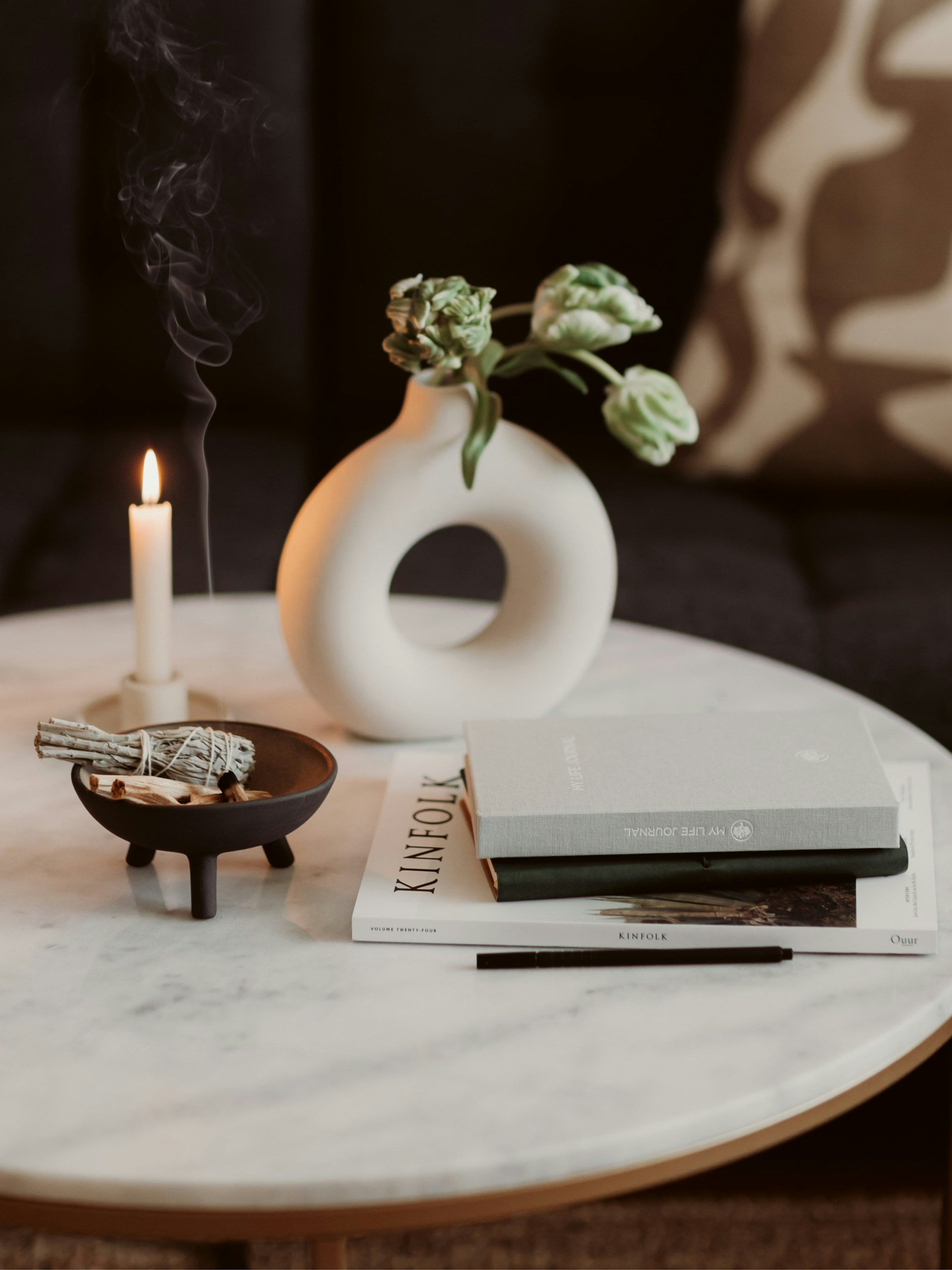
From Overthinking to Inner Knowing
Anxiety Therapy for Women+ in Fort Collins, CO
Anxiety was never meant to be the loudest voice in the room, yet here it is—
Narrating your every move, second-guessing your choices, keeping you on edge. It’s exhausting, carrying the weight of what ifs and should haves, feeling like no amount of logic or effort can quiet the storm inside. Whether it’s the relentless hum of worry, the sudden grip of panic, the patterns of overthinking, or the pressure to always be on, you don’t have to navigate it alone.

What We’ll Do Together
We’ll craft a space where you can release the weight of constant worry, and rediscover the peace that’s always been within you.
In our work together, we’ll go beyond simply managing anxiety—we’ll get curious about it. We’ll untangle the stories it tells, the patterns it weaves, and the ways it has tried to keep you safe, even when it’s felt anything but. Through a blend of somatic practices, Internal Family Systems (IFS), and nervous system attunement, we’ll help you shift from survival mode into a life that feels more spacious, grounded, and truly yours.
You don’t have to carry it all alone. Here, you’ll find a place to slow down, reconnect with yourself, and build a relationship with your mind and body that is rooted in trust, not tension. Together, we’ll help you soften the grip of anxiety and step into a life that feels lighter, freer, and more aligned with the person you’re ready to become.
Frequently Asked Questions
If you’re new to therapy or simply curious about how it can help quiet the storm, you’re in the right place. Here, I’ve gathered answers to some of the most common questions women have when considering therapy for anxiety, so you can take a step forward with clarity, comfort, and trust.
Have questions about pricing and insurance? View my fee page to learn more.
-
Anxiety is a psychological and physiological response to stress characterized by feelings of apprehension, fear, and unease. It can arise in response to specific situations, such as public speaking or exams, or it may occur without a clear trigger, leading to generalized anxiety. This emotional response serves as a natural alarm system that alerts us to potential dangers or challenges.
-
Symptoms of anxiety can manifest in various ways, reflecting the complexities of the experience. Common symptoms include:
Racing thoughts or difficulty focusing
Persistent worry about future events or outcomes
Rumination and preoccupation with specific fears
Hypervigilance, leading to excessive awareness of surroundings
Irritability and heightened emotional responses
Intense feelings of dread or impending doom
Heightened fear of losing control in specific situations
Feelings of detachment or unreality
Muscle tension or physical discomfort
Increased heart rate or palpitations
Shortness of breath, choking sensations, or tightness in the chest
Sweating, shaking, or trembling
Gastrointestinal disturbances (nausea, diarrhea, stomach pain)
Sleep disturbances, including insomnia and restless nights
Avoidance of anxiety-provoking situations or triggers
Restlessness or difficulty sitting still
Compulsive behaviors or rituals, especially in OCD
-
Anxiety arises from a mix of biological, psychological, and environmental factors. The brain’s amygdala triggers the fight-or-flight response, which, when overactive, can heighten stress sensitivity and worry. Past experiences, personality traits, and cognitive patterns shape how we respond to stress, while external factors like pressure, conflicts, or societal expectations can further contribute.
Anxiety isn’t a personal failing—it’s an adaptive response that can sometimes become overwhelming. Understanding it with compassion allows for healthier coping strategies and support, helping to navigate it in a way that fosters resilience and well-being.
-
Many clients ask if their anxiety will ever go away. While it’s natural to wish for relief, anxiety serves an essential purpose—it’s a survival mechanism that helps us navigate challenges. The real struggle isn’t anxiety itself but feeling stuck in a constant state of hyperarousal, which can lead to burnout.
Rather than eliminating anxiety, the goal is to understand its role and regain balance. By exploring its roots and recognizing when it’s helpful or overwhelming, you can build a more compassionate relationship with yourself and learn to shift toward a calmer, more regulated state.

You deserve a life where peace isn’t just a fleeting moment, but a steady presence—
If you're ready to release the weight of anxiety and reconnect with your true self, I'm here to guide you. Together, we’ll create space for peace, clarity, and healing. Reach out today, and let’s start the journey toward a life that feels as light as your breath.


